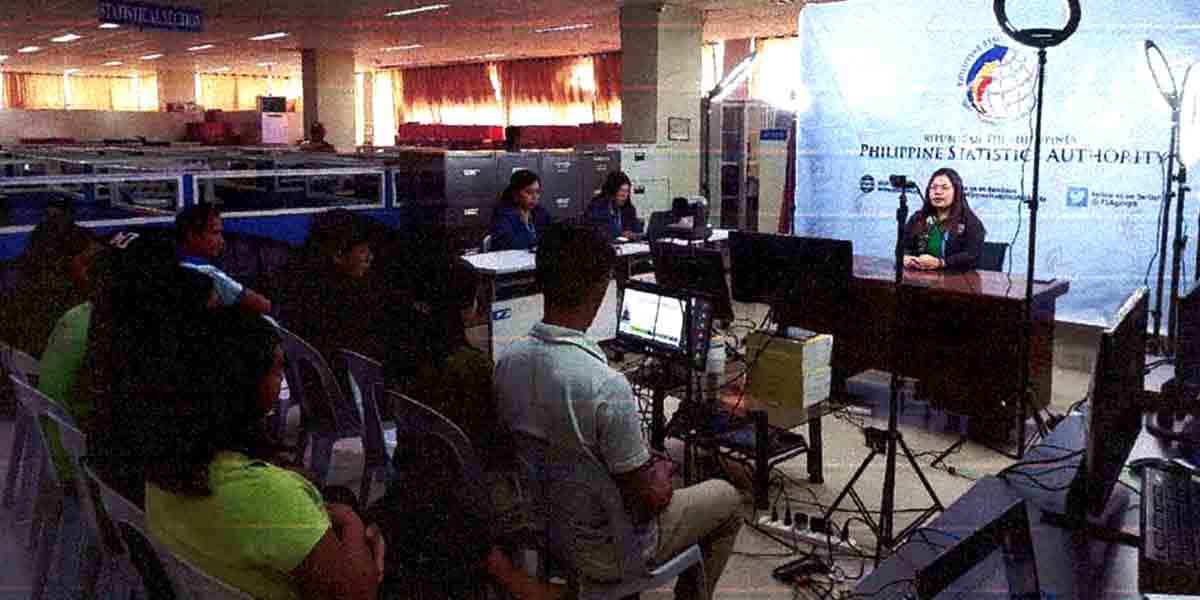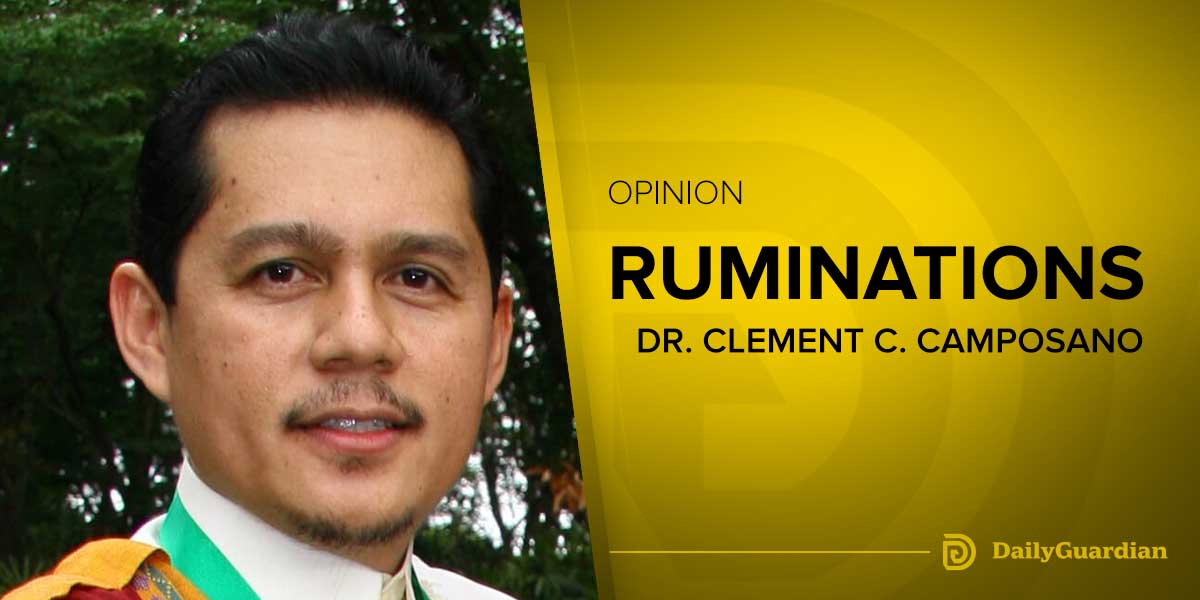Power transmission service provider National Grid Corporation of the Philippines NGCP said it supports the energy sector’s move towards green energy or alternative renewable sources of power.
NGCP’s Transmission Development Plan (TDP) already considers variable renewable energy and committed RE plants which will connect to the grid in the next few years.
“The annual TDP prepared by NGCP and presented to stakeholders in public consultations is aligned with the Department of Energy’s National Renewable Energy Program 2020-2040. This targets 50% integration of renewables in the grid’s installed capacity by 2040”, said the company.
The State Grid Corporation of China (SGCC), NGCP’s technical partner, owns world-leading grid technologies as it runs a green and sustainable power grid. The company integrated the largest amount of renewables in the world with the installed capacity of renewables at 540 GigaWatts (GW) and utilization rate at 97.4% in 2021.
This technological partnership with SGCC gives NGCP an edge in ensuring that the Philippine grid is ready and capable of integrating high levels of variable renewable energy. “With its access to SGCC’s technology, NGCP is more than capable to accommodate the increasing integration of renewable energy into the grid for a more sustainable energy mix,” the company added.
However, integrating more RE into the grid will require more from the energy sector including significant transmission backbone expansion. This will also require reinforcement in both policy and support infrastructure. Capital expenditure heavy projects will require regulatory approval from the Energy Regulatory Commission. The entry of more conventional, non-variable generation and energy storage systems to support VRE installations must be planned simultaneously. Support policies including but not limited to the Philippine Grid Code must be revisited, and prioritization of the development of Competitive Renewable Energy Zones to synchronize generation and transmission projects must be well coordinated, among others. Support from other sectors outside the energy industry must also be in full force to accommodate this integration. Roads and ports must be ready to accommodate the expected influx of materials that will be needed to build the needed transmission facilities.
“The ERC, among all agencies, will be centrally crucial to the success of all this. The DOE itself has recognized, through Undersecretaries Rowena Cristina Guevarra and Sharon Garin, that transmission projects to support their recent off-shore wind projects have not been included in NGCP’s 5th regulatory period application with the ERC,” the company stated. “Access to funding was never a problem for NGCP. External limitations, including regulatory caps on capital expenditures, protracted permitting processes by the local government units, and difficult rights-of-way procurement, have proven to be the primary roadblocks to project completion,” NGCP stressed. “If the ERC will allow us to spend the capital expenditures needed to support this laudable push towards green energy, we are very confident that NGCP will be able to deliver,” the company said.
“The move to RE may take time but efforts must begin now. Even first world countries take around 10 years to build transmission backbone projects. NGCP was able to complete the Hermosa-San Jose 500kV Line, including a new substation and 176.73 circuit kilometers of high voltage lines, in seven years. This includes the delay brought about the 3-year COVID-19 pandemic lockdowns, and the fact that we were only allowed to recover less than 1% of the project cost. With all things considered, NGCP is sure it can deliver its committed projects to improve the grid, as long as the political will and support are there and we are given a sustainable recovery framework,” the company said.
“We hope for the government and regulator’s support in crafting policies and allowing NGCP to have enough CAPEX to fund the required projects to support RE. This move towards a greener and more sustainable grid requires a holistic approach and we hope for the synergy among all the energy players to ensure the fruition of these efforts,” added NGCP.



















